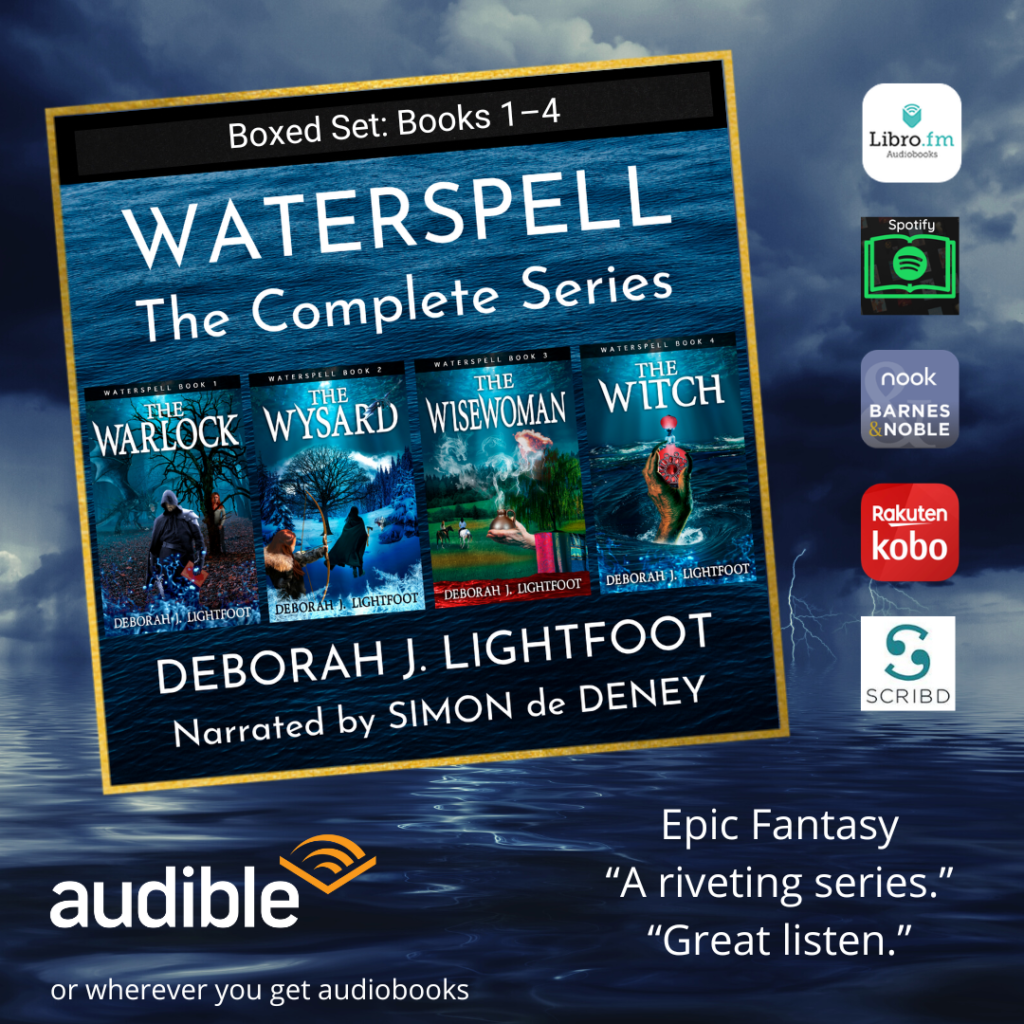How great it is to read that Far Side creator Gary Larson has published his first new cartoons in 25 years, and he’s sort of coming out of retirement – though with no deadlines. Larson said he is having fun, “exploring, experimenting, and trying stuff” – without the pressure of daily deadlines.
“So here goes,” he wrote. “I’ve got my coffee, I’ve got this cool gizmo [a digital tablet], and I’ve got no deadlines. And – to borrow from Sherlock Holmes – the game is afoot.”
While I’m not in the same league as Gary Larson, I completely identify with the delight he’s taking in all the creative potential contained in new technology. He wrote: “I hail from a world of pen and ink, and suddenly I was feeling like I was sitting at the controls of a 747. But as overwhelmed as I was, there was still something familiar there – a sense of adventure. That had always been at the core of what I enjoyed most when I was drawing The Far Side, that sense of exploring, reaching for something, taking some risks, sometimes hitting a home run …”
I feel the same way about my Waterspell books. I began writing the story in 1996. Created my first website for it in 2000, using what was then a modern app called Web Express. I attended writers conferences and pitched my books to various editors who invited me to submit the manuscript. Some of them never gave me the courtesy of any reply, afterward. Several did reply, but every one of them rejected it with some version of: “Definitely captures interest, it’s beautifully written, it’s very cinematographic” … but, “The first book of the series must be a standalone. We won’t commit to publishing all three books of a trilogy.”
In other words: Every major publisher who looked at it wanted to publish only the first book, and if it wasn’t immediately as profitable for them as the Harry Potter series, they’d kick me to the curb. I’d be on my own to publish Books 2 and 3.
That being the case, I decided my only rational response was to publish all three books on my own. How fortunate for me that I went the indie route! Have I made any money? Nope. My royalties have not come anywhere near covering the time and effort I’ve put into these books. But I’ve retained control, which has me in a great position to enjoy the benefits of new technology. Like Gary Larson, I’m having fun exploring modern tech’s creative potential, while freeing myself from deadline pressures.
The creative spark for my current project began in December 2019, when my sister-in-law gave me an Audible audiobook gift membership. I immediately downloaded The Lord of the Rings, the unabridged edition narrated by Rob Inglis.
My god! What a masterpiece. Inglis’ narration is astounding. He speaks Elvish, Dwarvish, and Orkish. He sings the songs. He correctly pronounces unpronounceable words. I found the whole audiobook experience to be far superior to rereading the books myself, and even better than the movies. The audiobooks combine the best of both: the dramatization of movies, with the completeness of books.
My readers had been encouraging me to produce audiobooks of the Waterspell series, but I thought the cost would be prohibitive. After so immensely enjoying The Lord of the Rings, however, I decided to look into it.
And that’s when I discovered the creative potential of new technology.
It turns out that Audible has this nifty “Audiobook Creation Exchange” (ACX) by which writers and narrators can find each other, and work together easily and affordably. I’ve been astonished by how simple it was to post an excerpt, invite auditions, and immediately find the world’s most perfect narrator.
(More about him in a later post. We’re still working on Book 1. When we’re nearing the end of Book 2 and the books are set for release on Audible, I’ll be launching a bragging campaign about the extraordinarily talented narrator I found through ACX.)
My delight with new technology extends also to the ease of getting book covers designed these days. Even in 2011, when Waterspell Book 1 was initially published, getting decent covers proved difficult. I was never satisfied with the covers on the first editions, and I’ve been thrilled to discover that things have evolved to the point where writers can easily connect with talented graphic designers who’ll create good-looking covers using stock images. The new covers, created by Vila Design, are vastly more appealing than the books’ first-edition covers.
And like Gary Larson, I’m now doing this work for fun. I’ve got my coffee. I’ve got no deadlines to meet except those I set for myself. I’ve got no one to please but myself. No editor’s opinion counts with me now, for “Book 1 must stand alone” has been established as the fallacy that it is. Readers and reviewers have described the Book 1 cliffhanger-ending as “wonderful” and the series structure as “getting bigger and bigger.” I always knew that I knew what I was doing.
Having a new collaborator, however, in the person of the professional narrator who’s hard at work on the audiobooks, has sparked my creativity in an unexpected way. Hearing the narrator give each of my characters a distinctive voice has made the entire story seem new to me again. I swear the man has become Lord Verek — he voices the wysard so powerfully, and so close to the voice that I’ve heard in my head for years, that it’s simply uncanny. You just wait ’til you hear him.
Working with the narrator has proven to be such an inspiration, I actually cranked out the long-neglected Book 4 in a mere two months: May 6 to July 6. It’s a roughish first draft, it’ll need fleshing out — particularly as I work through the existing trilogy with the narrator, and recall details that I’ve forgotten. But it’s a solid start, and by this time in 2021, I expect to be publishing Book 4, which ties together some of those threads (not really loose ends) that remained from the first three books.
That’s how I’ve been spending the 2020 coronavirus lockdown: working with an excellent audiobook narrator, working with a talented cover designer, and writing a fourth novel. Like Gary Larson, I’ve been freed by the creative potential of all this new technology. It’s making my life fun again, after several dark years of grief, and feeling like I’d never write another word of fiction.
I wasn’t actually sure I still could write fiction. But I’ve shown myself that I can. And I’ve got my sister-in-law and other family members, my narrator colleague, my graphic-design colleague, Audible, ACX, Rob Inglis, and all my lovely and supportive readers to thank for pulling me out of my personal black hole and getting me creating again. Love you all! ♥

Waterspell, a fantasy trilogy by Deborah J. Lightfoot








 The three books of the
The three books of the 






